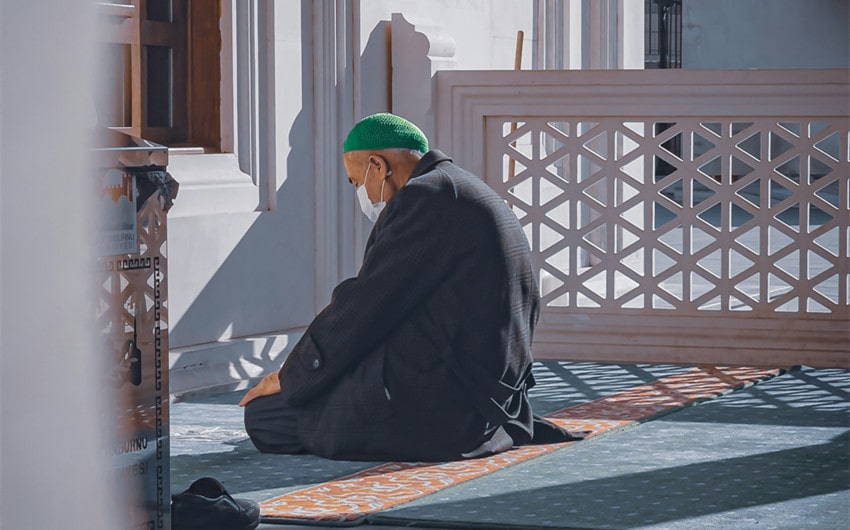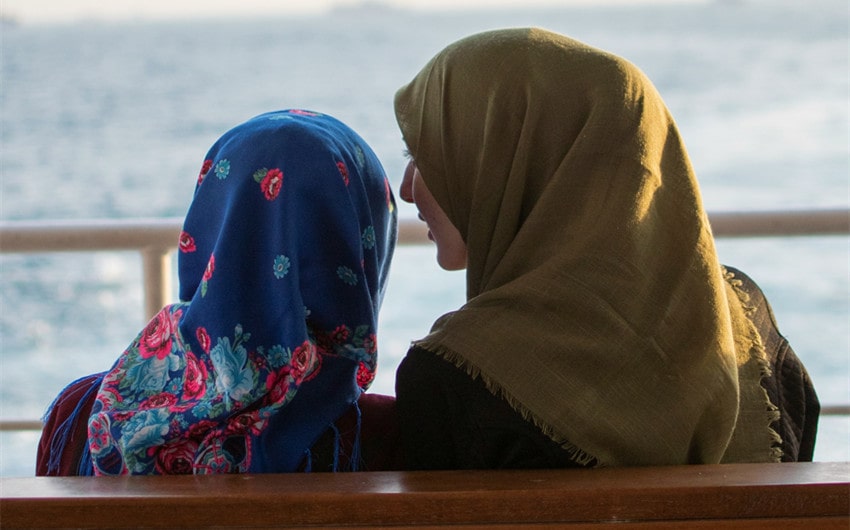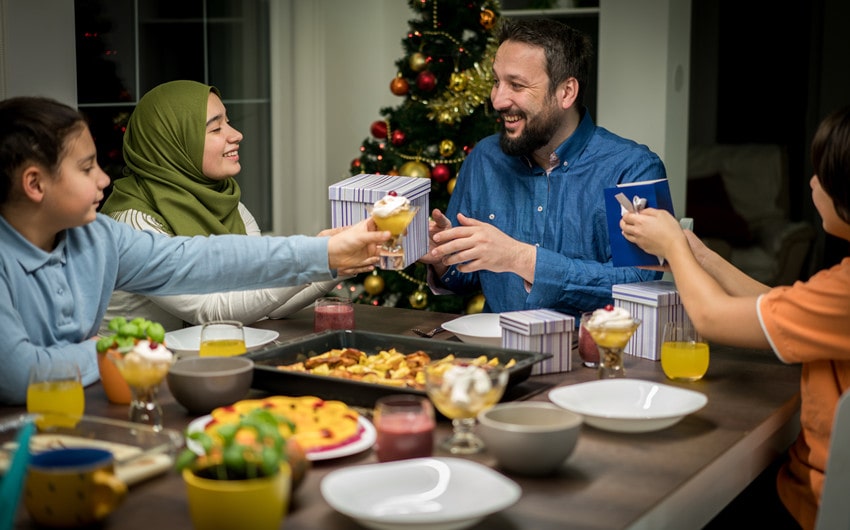Do Muslims Celebrate Christmas? What You Need to Know
As the holiday season approaches, you might wonder, do Muslims celebrate Christmas? The simple answer is that, traditionally, Muslims do not celebrate Christmas because it is a Christian holiday that marks the birth of Jesus Christ. While Jesus is highly respected as a prophet in Islam, Christmas is not part of Islamic traditions.
However, you may find that some Muslims participate in certain cultural aspects of the season, like sharing meals or exchanging gifts, without the religious connotations. Understanding the reasons behind this can help foster respect and appreciation for each other’s beliefs during the festive season.
Understanding Christmas: What It Represents
Christmas is a major Christian holiday that celebrates the birth of Jesus Christ, a central figure in Christianity. Traditionally observed on December 25th, Christmas is not just a religious occasion but also a time filled with joy, family gatherings, and community events. For Christians, it represents the fulfillment of prophecies and the arrival of the Messiah who brought a message of hope, salvation, and peace. Churches around the world hold special services, nativity plays, and carol singing to honor the significance of Jesus’s birth, emphasizing themes of love, charity, and goodwill towards all.
Beyond its religious roots, Christmas has evolved into a widely celebrated cultural holiday embraced by people of various backgrounds. Modern Christmas celebrations often include decorating Christmas trees, exchanging gifts, and enjoying festive meals with loved ones.
The season is associated with symbols like Santa Claus, holiday lights, and acts of kindness. While the core of Christmas remains the Christian belief in the birth of Jesus, its cultural aspects have become a way for many, regardless of their faith, to come together, spread joy, and celebrate the values of generosity and togetherness during the winter season.

Islamic Perspective on Celebrating Non-Muslim Holidays
In Islam, the celebration of non-Muslim holidays, including Christmas, is generally viewed through the lens of religious principles and teachings. Islamic teachings emphasize that Muslims should maintain their unique identity and practices, especially when it comes to religious observances.
Christmas, being a Christian holiday that marks the birth of Jesus Christ as the Son of God, contrasts with Islamic beliefs, where Jesus (known as Isa) is revered as a prophet, not the divine Son of God. For this reason, many Islamic scholars advise against celebrating holidays that have specific religious connotations tied to beliefs not aligned with Islamic teachings.
Islam encourages Muslims to respect other people’s beliefs and traditions, but at the same time, it sets boundaries to ensure that Islamic principles are upheld. Celebrating religious holidays from other faiths, such as Christmas, is often seen as compromising these boundaries.
Many scholars emphasize that while it’s important to show kindness and respect towards people of all faiths, Muslims are encouraged to observe their own holidays, such as Eid al-Fitr and Eid al-Adha, which are rooted in Islamic history and significance. This perspective is not meant to promote division but to preserve the unique aspects of Islamic identity while still fostering mutual respect and peaceful coexistence with others.
How Muslims View Jesus (Isa) in Islam
In Islam, Jesus, known as Isa in Arabic, is regarded as one of the most important and revered prophets. Muslims hold a deep respect and love for Jesus, recognizing him as a messenger of Allah who was born miraculously to the Virgin Mary (Maryam) without a father, a miracle that is acknowledged and honored in Islamic teachings.
The Quran describes Jesus as a noble prophet who brought the message of monotheism, calling people to worship one God and live righteous lives. However, unlike Christian beliefs, Islam does not view Jesus as the Son of God or as divine but strictly as a human prophet sent to guide his people.
Muslims also believe in the miracles of Jesus, such as healing the sick, giving sight to the blind, and raising the dead, all by the permission of Allah. These miracles are seen as signs of his prophethood and his close connection with God.
Additionally, Islam teaches that Jesus was not crucified but was raised up to heaven by Allah, and he will return before the Day of Judgment to restore justice and defeat the false messiah, known as the Dajjal. The Islamic view of Jesus highlights his role as a significant prophet who preached peace, compassion, and devotion to God, emphasizing common values shared with Christianity while maintaining key theological differences.
Do Some Muslims Celebrate Christmas?
While Christmas is not traditionally celebrated by Muslims, there is a diverse range of practices within the global Muslim community, and some Muslims may participate in Christmas-related activities, especially in multicultural societies. For some, this participation is not about religious observance but rather about joining in the festive spirit, cultural inclusion, and spending time with family and friends.
For instance, Muslims who live in predominantly Christian countries or have close ties with Christian friends and family members might engage in Christmas celebrations in a more social and cultural sense. This might include attending holiday gatherings, sharing meals, exchanging gifts, or enjoying the general festive atmosphere, all without adopting the religious aspects of the holiday.
It’s important to note that these practices can vary significantly depending on individual beliefs, cultural backgrounds, and personal choices. Some Muslims may see these activities as a way to show respect and kindness to their non-Muslim neighbors and friends, fostering a sense of community and mutual respect.
However, others may choose to refrain entirely, preferring to uphold Islamic traditions and avoid celebrations rooted in other religious beliefs. Ultimately, the decision to participate in Christmas festivities is a personal one, often influenced by cultural context, family dynamics, and personal comfort levels, reflecting the broad spectrum of practices and perspectives within the Muslim community.
Alternatives to Celebrating Christmas for Muslims
For Muslims who wish to engage in the festive season without celebrating Christmas, there are many meaningful and enjoyable alternatives that align with Islamic values. One popular approach is to focus on acts of charity and giving, which resonate with the spirit of generosity often associated with the holiday season.
Muslims can use this time to donate to those in need, volunteer at local shelters, or support charitable organizations. These acts of kindness not only reflect the teachings of Islam but also allow Muslims to contribute positively to their communities while embodying values of compassion and empathy that are universally appreciated.
Another alternative is to spend quality time with family and friends, creating special moments that strengthen bonds without the religious elements of Christmas. Muslims can organize family gatherings, enjoy festive meals, or exchange simple gifts as tokens of love and appreciation. This can be a wonderful time to share Islamic traditions, such as reciting prayers of gratitude, reflecting on the year, or discussing the importance of family. Additionally, decorating the home with non-religious, winter-themed décor like fairy lights, candles, and snowflakes can bring warmth and a festive touch without conflicting with Islamic beliefs.
Muslims can also focus on celebrating their own religious holidays and traditions, such as organizing community events around Eid or other significant Islamic dates, even if they do not coincide with the winter holiday season. Creating new family traditions during this time—like game nights, movie marathons, or winter picnics—can bring joy and create lasting memories. Engaging in these activities allows Muslims to enjoy the festive atmosphere and connect with loved ones while staying true to their faith, demonstrating that there are many ways to spread joy, reflect on shared values, and celebrate togetherness in a manner that respects Islamic teachings.

The Importance of Respecting Each Other’s Traditions
Respecting each other’s traditions is crucial in today’s interconnected world, where people from diverse backgrounds often live, work, and celebrate side by side. For Muslims and non-Muslims alike, understanding and respecting different religious and cultural practices, including holidays like Christmas, fosters a sense of harmony and coexistence.
Respect doesn’t necessarily mean participating in each other’s celebrations but rather appreciating the significance they hold for others. For Muslims, showing respect for Christmas might involve offering warm holiday greetings, participating in social gatherings in a respectful manner, or simply learning more about the holiday’s meaning for their Christian friends and neighbors.
This mutual respect extends both ways, with non-Muslims recognizing and respecting Islamic beliefs and traditions, such as Eid celebrations and fasting during Ramadan. Acknowledging and valuing each other’s practices can break down barriers and build bridges of understanding. It encourages open dialogue, reduces misconceptions, and highlights the shared values of kindness, generosity, and community that exist across different faiths. This approach enriches the social fabric of multicultural societies, making it easier for people of all backgrounds to live together peacefully and appreciate the beauty of each other’s traditions.
Moreover, respecting each other’s traditions promotes an environment of inclusivity and acceptance, allowing everyone to celebrate their beliefs without fear of judgment or exclusion. This respect can be expressed in simple, everyday actions like avoiding assumptions, asking polite questions, and being mindful of others’ practices and sensitivities. In the context of the holiday season, it can mean creating inclusive spaces where everyone feels welcome, regardless of their religious or cultural background.
Ultimately, respect for each other’s traditions is not just about tolerance; it’s about embracing the diversity that makes our communities vibrant, learning from one another, and finding common ground that unites us all.






